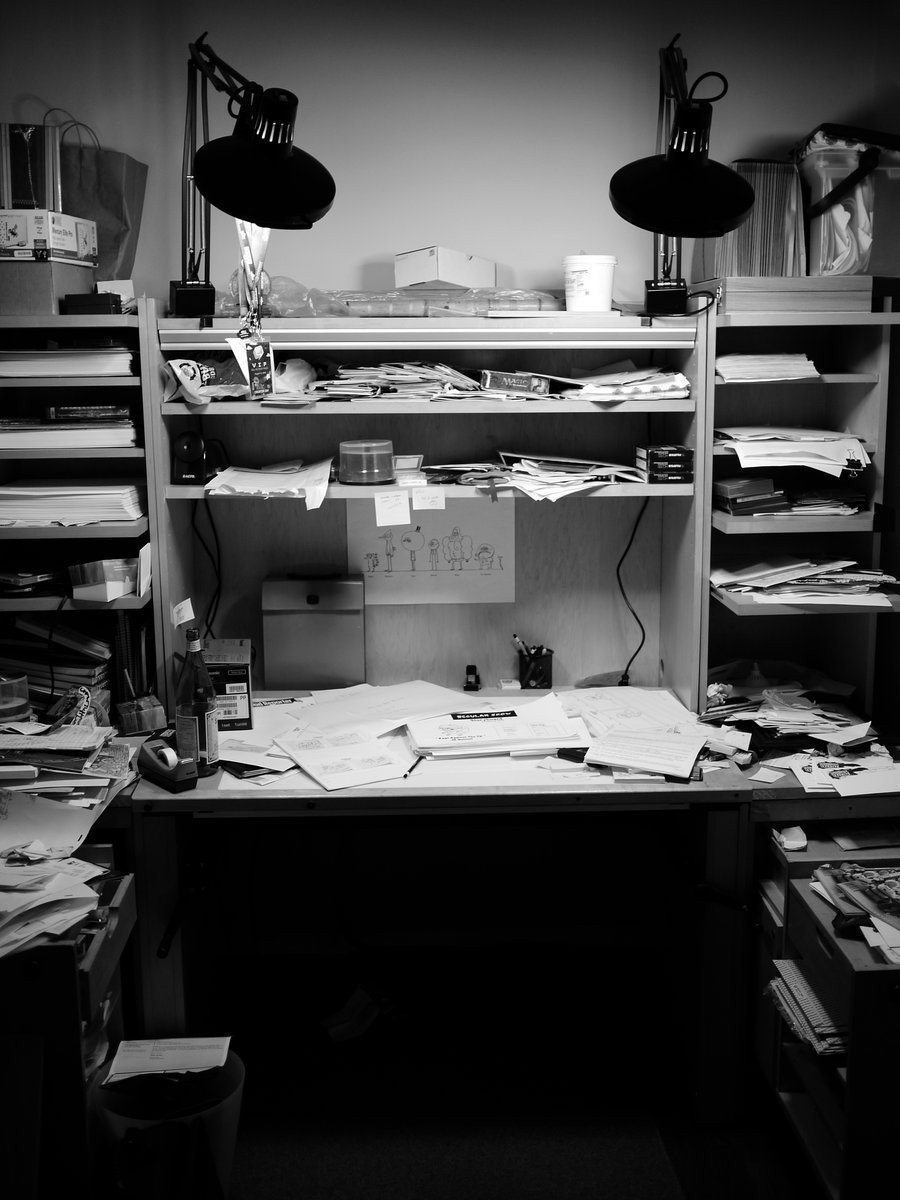No More Experts
March 15, 2013 1 CommentThe following is a letter by Akaya Windwood, President of the Rockwood Leadership Institute and member of the IISC Board of Directors.
Years ago before taking up the work of leading Rockwood, I was an organizational consultant. I was paid to be right — to be an expert. However, as I sit here at my current desk, I realize how very little I really knew about the everyday running of and caring for an organization. Now I’m not going to disparage or disrespect the work I did during my many years in organizational development, but I must admit that I would be a much better consultant today, having been in this seat for awhile.
And I’m hardly an expert at running an organization, even as I do it every day. The truth is, there are many times when I ask myself “what on earth am I doing?” That question keeps me humble and keeps my feet on the ground. At the same time I feel both internal and external pressures to be right, correct, to be the expert on whatever I’m undertaking. I don’t think I’m alone in this struggle — many leaders I know grapple mightily with the expectations of expertise. This is a problem for our world in general and in the nonprofit sector specifically.
The push to provide (and often pretend) expertise when we’re really not sure about things can get us into a lot of trouble. It’s unhealthy for leaders, because pretending expertise is stressful. It’s quite challenging to try and maintain inauthenticity over time. It’s unhealthy for our organizations, because if people are feigning skills, it can be difficult to hire the right people into the right positions. It’s toxic. So I’m going to coin a new term — Expert Delusional Syndrome, or EDS.
What if we were to stop being “experts” for awhile? What if we were to spend most of our time in “I don’t know”? What might be possible if we were to listen for our own and each others’ wisdom (which comes from the heart) contrasted to looking for the expert in ourselves and each other?
Many years ago I took a class in quantum physics, in which we learned that the universe is made up of about 4% matter, and about 96% of what is called “dark matter” or “dark energy.” It turns out that astronomers have only a few guesses about what dark matter/energy might be. We have some degree of clarity only on 4% of all that exists. The rest is conjecture. In other words, we haven’t a clue about what comprises most of the vast and amazing universe in which we reside. How cool is that?
Let’s move to oceans. Guess how much of the oceans that support and nourish life on our planet have been explored? Wait for it…5%. Yep, we know about as much about our oceans as we do the universe. Not much. Equally cool.
Now we come to ourselves, our own brains. While I can’t quote you a statistic, I can say with some confidence that we don’t know much about how the brain works, or even where it begins and ends in our bodies. We have many myths about the brain, but very few certainties. For those of you who like to nerd out on these kinds of things, here’s a good start.
So we don’t know much about the universe, our oceans or what’s going on inside our noggins. Again, how cool is this!? It’s wonderful because it liberates us to honestly claim that we are perfectly fine if we don’t know. In fact, I would argue that the space of “I don’t know” can be the most powerful stance for a leader to take. In “I don’t know” all things are possible — we are not limited to only what we’ve managed to learn or experience. It opens us to learning and growing with and from each other.
So what’s a cure for EDS? Partnership. There is not a single one among us who knows it all, but collectively we might know a bunch — perhaps 8 or even 10% of what there is to be known. I like that.
Let’s experiment. Let’s try on “I don’t know” for a season. If you choose to join me in this experiment, let’s discuss what we’re learning here on our blog. Spring is right around the corner, so we have a few more days to get ourselves ready — how about we make Spring 2013 the season of no experts? Let’s jettison any expectation that we must know everything or that anyone around us knows it all either. Let’s relax and see what’s possible if we ask a lot of questions and offer very few answers. Might be amazing what we could learn — perhaps we might even double our collective intelligence.
From my heart to yours.
Akaya

1 Comment
Thanks so much Akaya. Living in “I don’t know” is a wonderful challenge. Monday’s post will be a summary of research about unconscious bias that the Kirwan Institute wrote recently. To your point, it turns out that only 2% of emotional cognition is consciously accessible. Much to explore and wonder about!